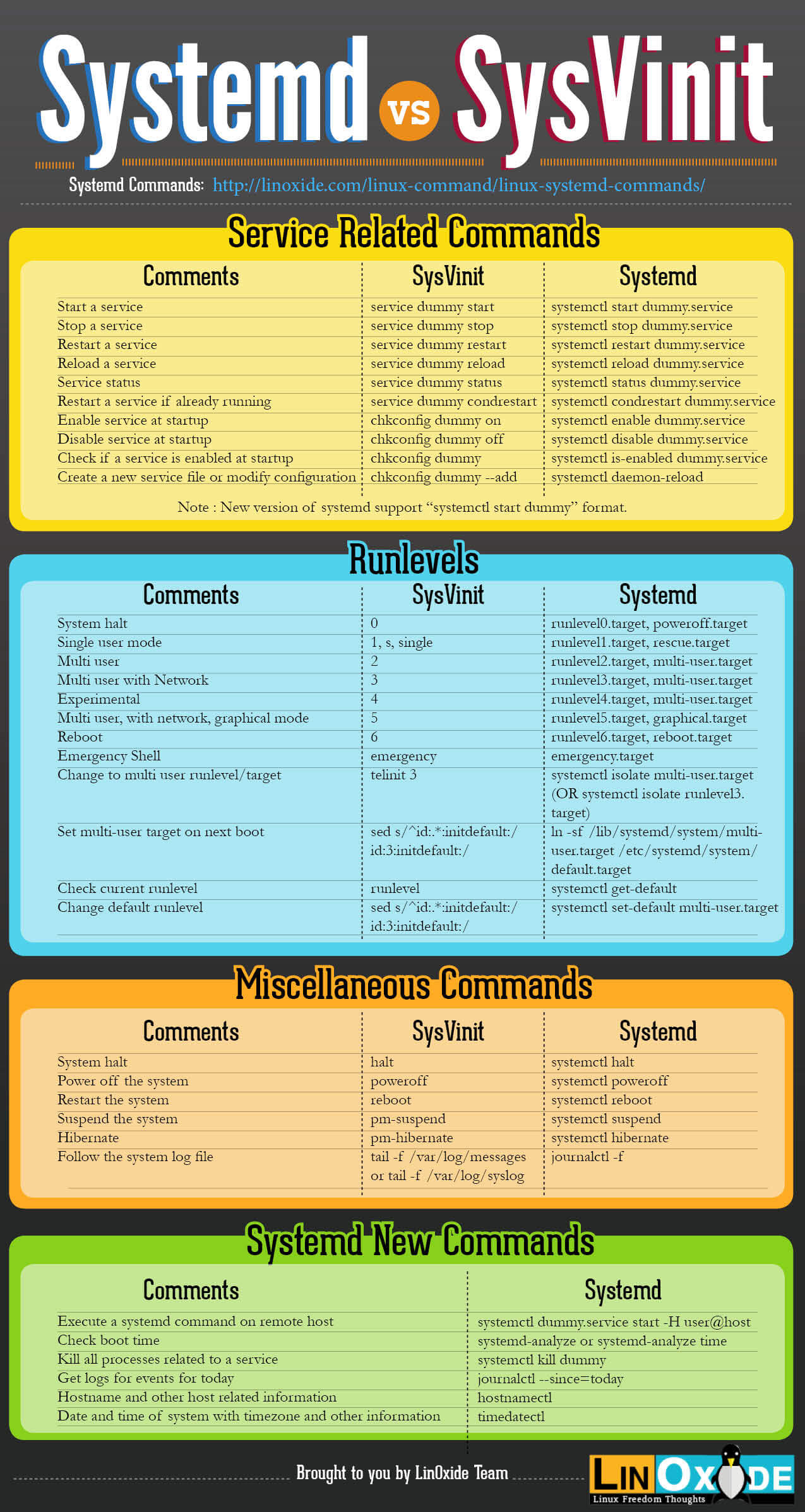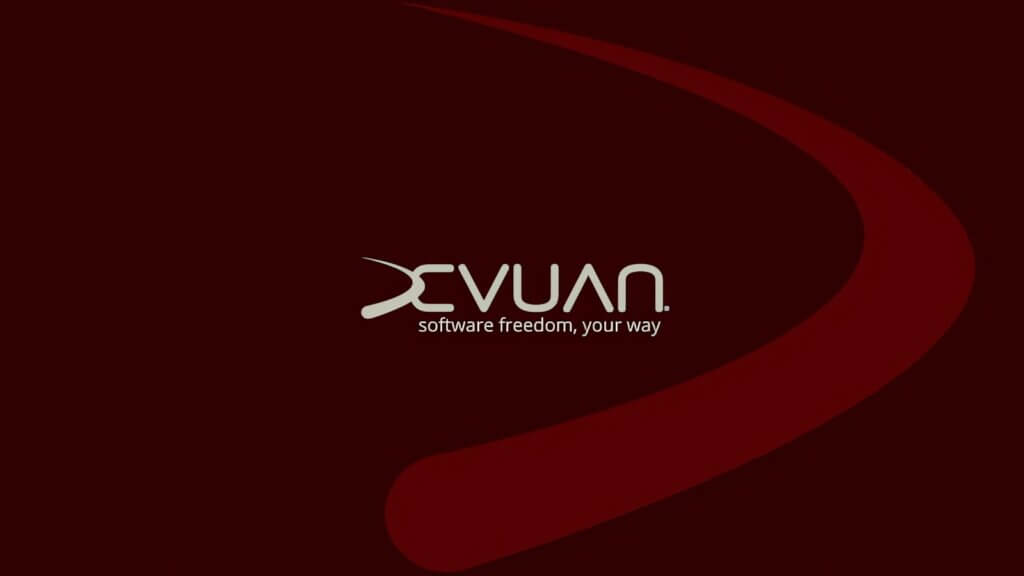Table of contents of the article:
Introduction
In the world of Linux-based operating systems, Debian is often considered one of the most stable, secure, and versatile. However, in 2014 a controversy arose within the Debian community regarding the adoption of systemd, an init system that unites different services and configurations under a single administration. This change pushed some developers to look for alternatives that maintained the original Unix philosophy of having simple tools that do one thing, but do it well. It is in this context that Devuan was born, a fork of Debian without systemd. In this article, we'll delve into what Devuan is, its features, its advantages and disadvantages, and why it might be the right choice for certain scenarios, especially for companies focused on high-performance Linux systems such as web hosting.
What is Devuan Linux
Devuan is a free and open source operating system based on the Debian project. It was developed as a response to the growing adoption of systemd in Debian and other Linux distributions. Systemd is an init system for Linux-based computers that is designed to be backwards compatible with the older SysV init system. It goes beyond simple initialization and extends to manage several other aspects of the system, including service management, logging, user sessions, and more. While it provides many built-in features and centralized system management, systemd is often criticized for its complexity and for concentrating too many responsibilities in a single program, in contrast to the Unix philosophy of using simple programs that only do one thing but do it well. .
From this context, Devuan's decision is better understood. Debian has adopted systemd as the default init system since the Jessie release. In contrast, Devuan has decided to continue using the SysV init system or other init systems such as OpenRC. In an init system like SysV or OpenRC, system initialization is managed in a more modular way and following a more traditionalist philosophy, in which each script or service has a specific and well-defined role, without too much overlapping of responsibilities. This allows users greater flexibility and control over their system environment, allowing for example finer customization of services started at startup, better debugging, and greater clarity in the system's execution flow.
Why Devuan was created
The controversy about systemd it wasn't just about the code, but also about the philosophy behind software design. Systemd consolidates many services and tools under a single platform, making the system easier to manage but at the expense of modularity and flexibility, characteristics that many consider fundamental to the Unix philosophy. Devuan was created to provide an escape from systemd while maintaining compatibility with the vast Debian package ecosystem.
What is Systemd and how does it differ from SysV?
Systemd is an init system and service manager for Linux operating systems, first introduced in 2010. It goes far beyond the traditional role of an init system, providing numerous additional features such as managing mount drives, timers, network connections, and much more. It is designed to be backwards compatible with SysV, which is one of the oldest and most traditional init systems used in Linux. However, the philosophy and architecture of systemd are significantly different from that of SysV.

SysV init is an initialization pattern that follows a very sequential and script-based approach to starting the system. It uses a series of shell scripts to initialize the various components of the operating system, and these operations are performed in a predefined sequence identified by execution levels. SysV scripts are typically simple, easy to understand and modify, and follow the Unix philosophy of “do one thing and do it well.”
In contrast, systemd uses configuration files called “unit files” instead of shell scripts. These files define the properties of system resources such as services, sockets, devices and also the dependencies between them. Systemd is then able to start services in parallel, improving startup times and making the system more responsive. Furthermore, it offers advanced features such as logging management through journald, user session management and much more, all centralized in a single management system.
So, while SysV is more modular and follows the Unix philosophy, systemd is more integrated and offers a more complete suite of features for system management, which can be seen as an advantage or a disadvantage depending on the specific needs and preferences of the user. user or system administrator.
Features of Devuan
Flexible Init System
One of Devuan's most notable features is its flexible init system. Users can choose between SysV, OpenRC, runit, and others, allowing for a tailored configuration that best suits the specific needs of the user or organization.
Compatibility with Debian
Compatibility with Debian is one of Devuan's strong points, and this aspect makes it particularly attractive for system administrators and users who are already familiar with the Debian ecosystem. Being a fork of Debian, Devuan inherits a wide range of software packages and Debian's robust package management architecture. This means that the vast majority of software packages available in the Debian repositories can be installed and used in Devuan without the need for specific modifications.
This level of compatibility allows for a smoother transition for users and businesses that decide to move from Debian to Devuan. For example, automation scripts, custom configurations, and development environments that run on Debian are most likely compatible with Devuan, thus reducing the time and effort needed to migrate between the two platforms. Additionally, because Devuan uses the same Advanced Package Tool (APT) package management system as Debian, users can leverage the same syntax and commands they are used to when installing and managing software.
However, it is important to note that although compatibility with Debian is high, it is not total. The most significant differences are related to the choice of the init system and some design choices that aim to avoid the complexity and centralism of systemd. These choices may lead to differences in terms of system startup, service management and logging, and may require some reconfiguration or adaptation of the scripts and utilities that interact directly with the init system.
Support Community
Being a smaller and more focused project, Devuan has a community of users and developers who are strongly aligned with its philosophy. This makes it easier to get specialized support.
Installation and Configuration
Installing Devuan is a fairly similar process to installing Debian. It can be downloaded as an ISO image that can be burned to a DVD or transferred to a USB stick. Once the installation media has booted, following the on-screen instructions is usually sufficient to complete the installation.
Benefits of Devuan
Control and Flexibility
Devuan offers a level of control and flexibility that is difficult to find in other distributions using it systemd. This is especially useful for system administrators who need granular control over the system.
Lightness
Without systemd, Devuan is often perceived as a lighter and faster system, especially advantageous for servers, embedded systems, or older hardware.
Unix philosophy
For those who care about the Unix "do one thing and do it well" philosophy, Devuan is a return to origins compared to the monolithic approach of systemd.
Disadvantages of Devuan
Learning Curves
For those who are used to systemd, switching to Devuan may require a period of adjustment and learning.
Less Support from Commercial Software
Some commercial software may not officially support Devuan, although Debian compatibility often helps in this regard.
Typical use cases
Devuan is particularly popular in server environments for its stability and the granular control it offers system administrators. In such scenarios, the ability to optimize every aspect of the operating system can be critical to ensuring the best performance and reliability. This is especially true for companies that offer hosting services and have a strong focus on performance and availability. In these environments, every CPU cycle counts, and the ability to remove or replace system components at a very low level can make a significant difference in resource efficiency.
However, it is important to note that with the increasing adoption of systemd as the standard init system in many major Linux distributions, some companies are moving towards RHEL (Red Hat Enterprise Linux)-based systems or derivative Debian systems such as Ubuntu. This may be due to various factors, including greater support from commercial software and services, a larger user base, or the availability of advanced features that have been designed specifically to work with systemd.
Despite this trend, Devuan continues to be a solid choice for businesses and individuals looking for systemd-free alternatives. Its simple, modular design makes it ideal for users who want a system they can control more completely, without the overhead and complexity that some attribute to systemd.
Conclusions
Devuan is a powerful solution for users and organizations looking for a Debian-free alternative systemd. It offers a high level of control and flexibility, while maintaining strong compatibility with the Debian package ecosystem. While it may have a learning curve for those new to its init system, the performance and configurability benefits can far outweigh the initial hurdles.
